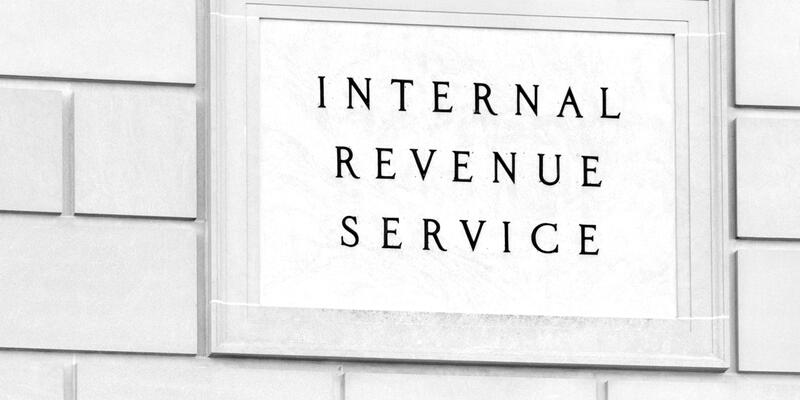Utah Rep. Blake Moore and congressional colleague Rep. Tom Emmer (R-MN) have voiced their opposition to a Democratic proposal that will give the Internal Revenue Service more authority to harvest Americans’ financial information.
WASHINGTON, D.C. – Rep. Blake Moore (R-1st District) and a congressional colleague are picking a fight with the Internal Revenue Service (IRS) and — by extension – with the Biden White House.
Moore joined with Rep. Tom Emmer (R-MN) in sending a letter to Biden administration officials protesting a recent IRS data collection proposal that would increase tax information reporting requirements on financial institutions nationwide.
The letter expressed concern, Moore explains, over a controversial provision being considered for inclusion in Democrats’ $3.5 trillion reconciliation bill. That provision would require banks and credit unions to give Utahns’ private financial information to the government, including information regarding funds flowing through their personal accounts.
“To make matters worse,” he argued, “the antiquated IRS systems that would store this information would make Utahns’ private financial data more vulnerable to being hacked.”
The joint letter from Moore and Emmer was sent to House Speaker Rep. Nancy Pelosi (D-CA); Rep. Richard Neal (D-MA), the Chairman of the House Ways and Means Committee; Secretary of the Treasury Janet Yellen; and Charles P. Rettig, the commissioner of the IRS.
“Our Main Street financial institutions are already required to report a tremendous amount of data to the IRS,” Emmer argues. “And the IRS has proven time and time again that they cannot protect this sensitive taxpayer information.
“We should only legislate when it makes sense and protects Americans and our financial system,” he adds, “not just to raise revenue at the expense of taxpayers …”
But President Joe Biden insists that the IRS must be empowered to help fund the Democrats’ lavish $3.5 trillion spending proposal by closing the proverbial tax gap, the alleged difference between U.S. taxes actually paid and the amount owed by law.
That shortfall may be as much as $1 trillion in federal taxes, according to Rettig, which go unpaid annually because of errors, fraud and lack of resources to adequately enforce collections.
That’s up significantly from the last time that the IRS published its estimate of the tax gap about a decade ago. At that time, income tax officials estimated their annual loss at about $440 billion.
In addition to new data submission requirements, other provisions of the proposed reconciliation bill would address the alleged tax gap.
The Congressional Budget office reports that the IRS has a current annual budget of nearly $11.5 billion. When adjusted for inflation, that’s 20 percent less than the agency’s budget in 2010 and its staff has shrunk by 20,000 over the past decade.
In a recent memo to congressional Democrats, however, Biden proposed to increase IRS funding by $78 billion to help the agency crack down on “ … the highest income tax cheats, while protecting Americans earning less than $400,000 per year.”
If the IRS proposals in the reconciliation bill are implemented, Rettig estimates that his staff would more than double to 167,000 and the agency would acquire new technology to allow it to audit a higher percent of annual tax returns. Of 199 million tax returns filed in 2019, IRS auditors examined less than half of 1 percent.
But representatives Moore and Emmer still dispute the value of the fine print in the IRS proposal that would require banks, credit unions and other financial service providers to report all transitions and money flowing through accounts of more than $600 every year.
“These requirements would not only impose significant compliance costs on our banks, credit unions and related financial institutions,” Moore emphasizes, “but also infringe on the privacy of millions of Americans.”
“There is no reason to believe,” Emmer adds, “that handing more sensitive information over to the IRS will assist in any way to close the tax gap.”

